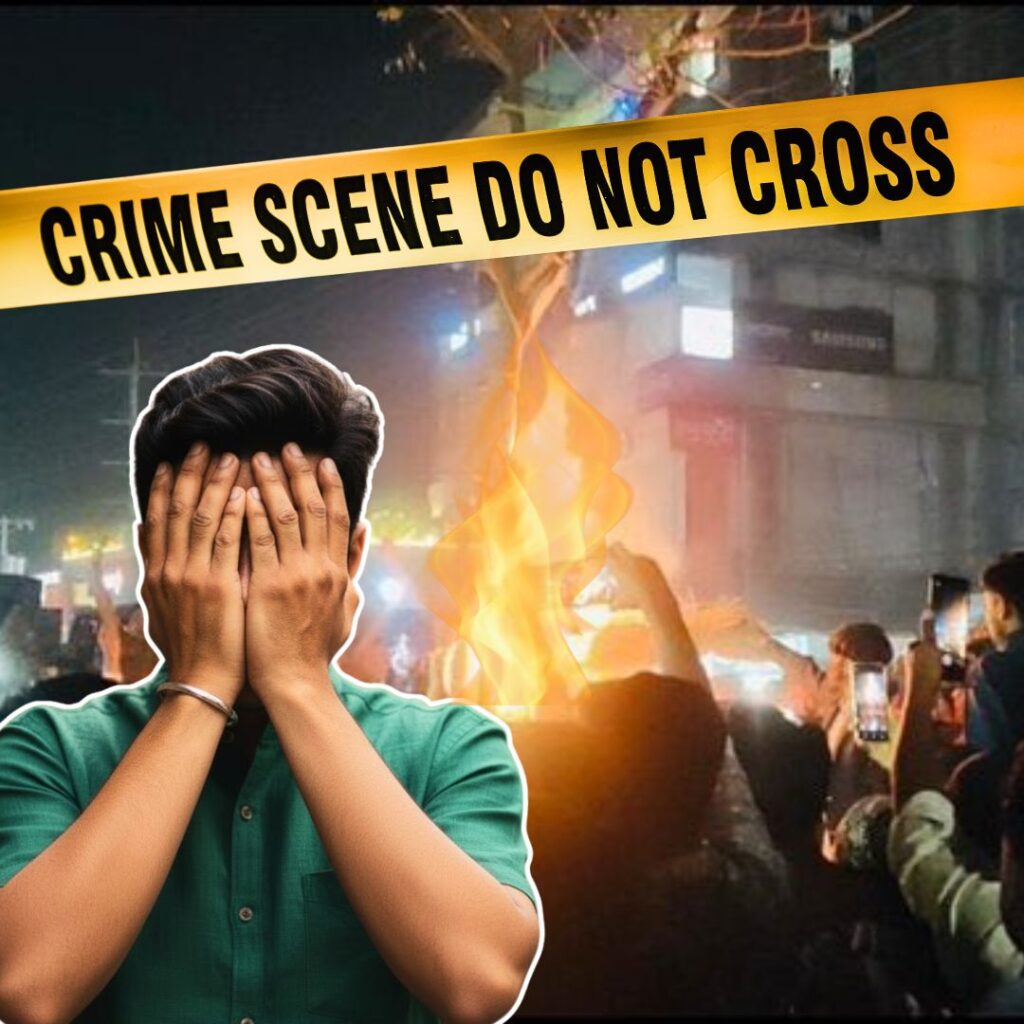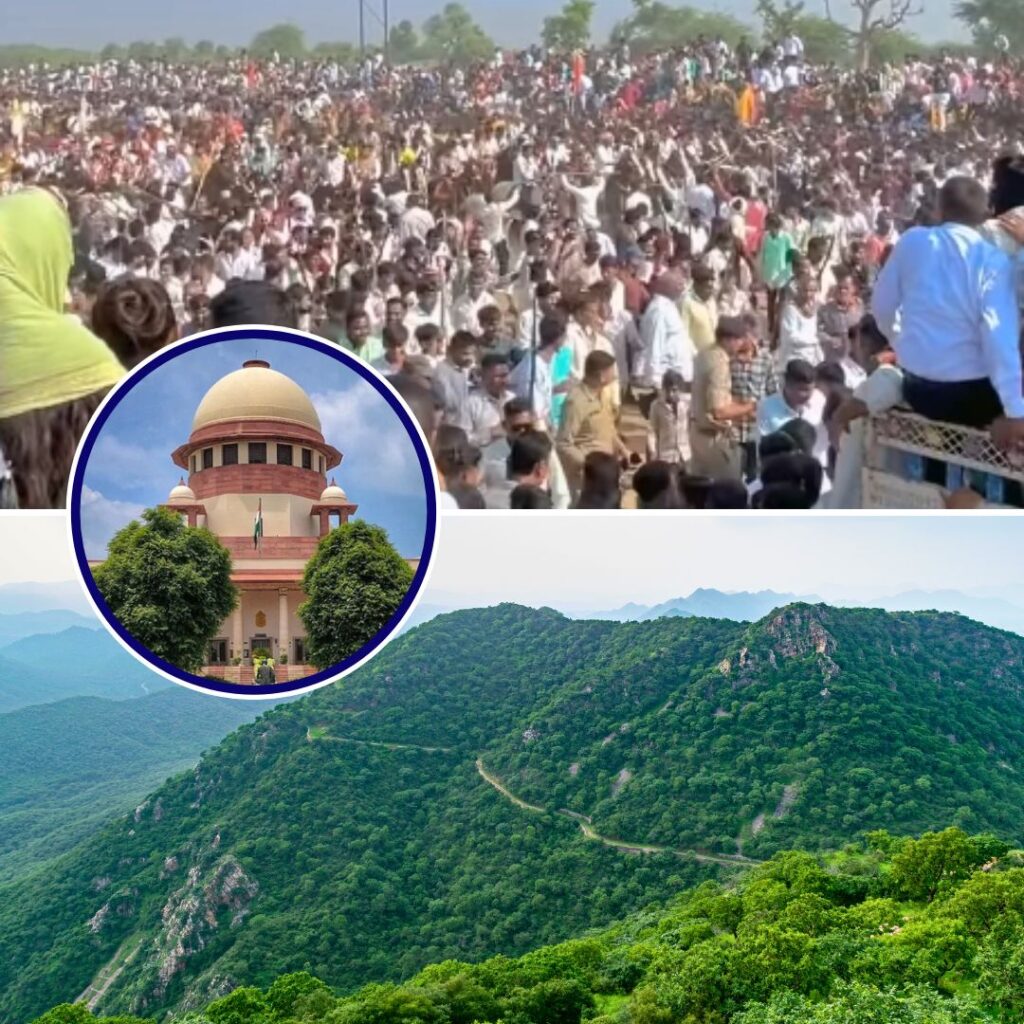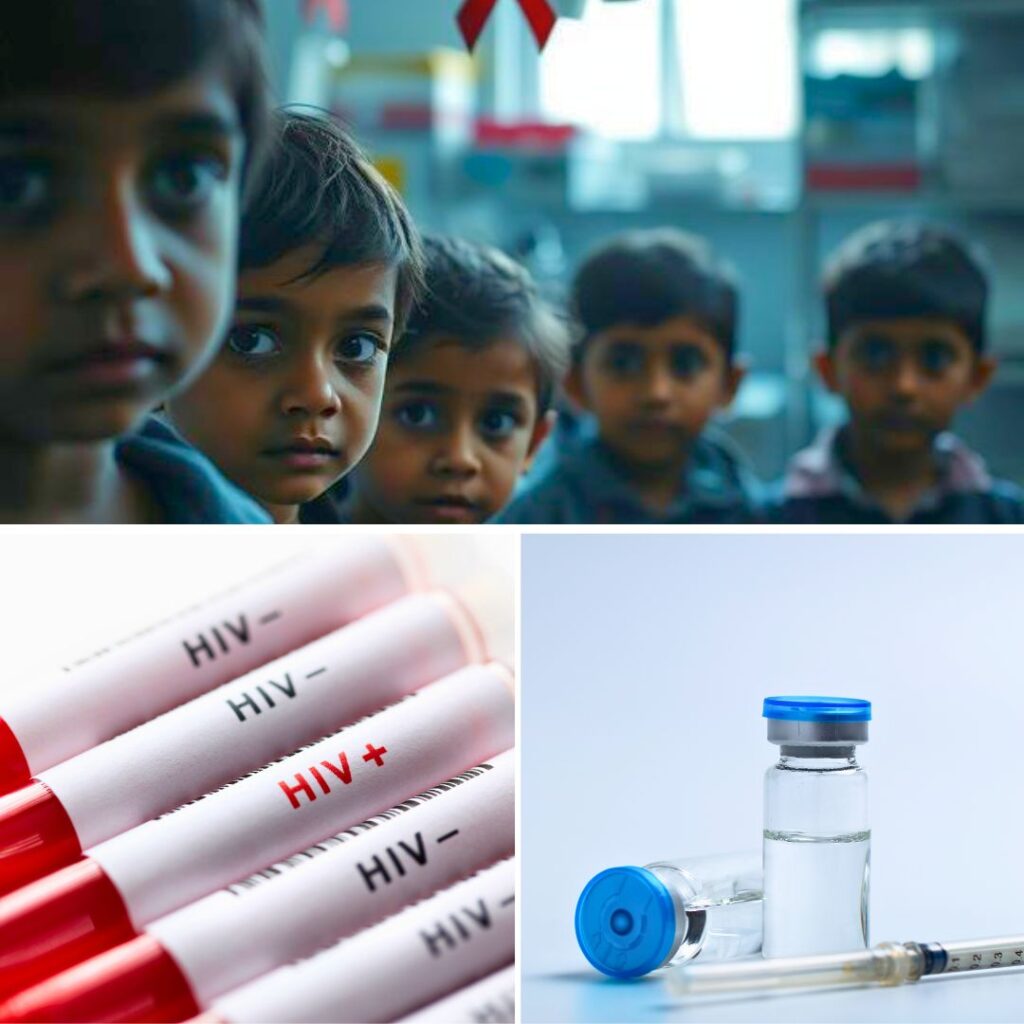The Ministry Of External Affairs extended the ongoing lockdown to contain COVID-19 spread till June 30 in the containment zones, a day before the end of the fourth phase of the lockdown.
The Ministry issued detailed guidelines for the same, easing out some restrictions and permitted certain activities outside the restricted zones, with effect from June 8, 2020.
The Centre has announced re-opening in three phases, that will be demarcated by District authorities, following guidelines issued by The Ministry of Health and Family Welfare (MoHFW).
Night curfew will continue, however, the timings have been relaxed from 7:00 pm – 7:00 am to 9:00pm – 5:00 am.
The MoHFW will issue Standard Operating Procedures (SOPs) to ensure social distancing for the below mentioned activities after consulting Central Ministers, Departments concerned and other stakeholders.
PHASE I
Religious places/ places of worship for public. Hotels, restaurants and other hospitality services. Shopping malls will be allowed to open.
PHASE II
Schools, colleges, educational/training/coaching institutions, after consulting the States and UTs.
(The state governments and UTs will hold consultations at the institution level with parents and other stakeholders. Based on the feedback, a decision on the re-opening of these institutions will be taken in July).
PHASE III : (These activities are prohibited for now across the country)
International air travel of passengers, except as permitted by the MHA. Operation of Metro Rail. Cinema halls, gymnasiums, swimming pools, entertainment parks, theatres, bars and auditoriums, assembly halls and similar places. Social/ political/ sports/ entertainment/ academic/ cultural/ religious functions/ and other large congregations.
Dates for restarting these restricted activities will be decided in August, according to the conditions prevailing at that time.
In containment zones, only essential activities will be allowed, including medical emergencies. There will be strict perimeters to ensure the limited movement of people in and out the zone. These zones should have intensive contact tracing, door-to-door surveillance and other clinical inventions as per the requirement, considering the MoHFW guidelines.
States and Union Territories will identify Buffer Zones (areas of spread in a 5-km radius – 7 km of a containment zone). Restrictions considered necessary within these zones will be imposed by the District authorities.
However, States and UTs may impose certain restrictions outside the containment zones, based on their assessment of the situation.
UNRESTRICTED MOVEMENTS OF PUBLIC AND GOODS
There will be no restrictions in inter-State and intra-State movement of people and goods, and no separate permission or e-permit is required for the same. However, states will regulate the movement of persons if the situation demands, on reasons of public health and its assessment of the situation. Movement of passenger trains and Shramik special trains, domestic air travel and movement of Indian nationals stranded outside the country will be allowed. Evacuation of foreign nationals, and sign-on and sign-off of Indian seafarers will continue to be regulated as per the SOPs. No state or Union Territory shall stop the movement of any type of goods/cargo for cross land-border trade. The government also advised vulnerable set of people including senior citizens, children, pregnant women and people with comorbidities to remain inside the confines of their homes as much as possible.
USE OF AAROGYA SETU FOR PEOPLE ATTENDING OFFICE
The Centre has directed all the people who have started going to office to use the government’s contact tracing app Aarogya Setu, that will help identify people who might be at risk. District authorities may advise individuals to install the app and provide their regular health status.
ADHERENCE TO GUIDELINES AND ACTIONS FOR INFRINGEMENT
State and Union Territories shall not dilute the guidelines issued under the Disaster Management Act, 2005, and all District Magistrates have been asked to strictly adhere to the measures.
Any person found violating the guidelines shall be subject to disciplinary action, as per the provisions of Section 51 to 60 of the Disaster Management Act, 2005, besides legal action under Section 188 (Disobedience to order duly promulgated by a public servant.) of the Indian Penal Code and other legal provisions.
Also Read: ‘Undergone Tremendous Suffering’: PM Refers To Migrants, Pandemic On First Anniversary Of Modi 2.0












